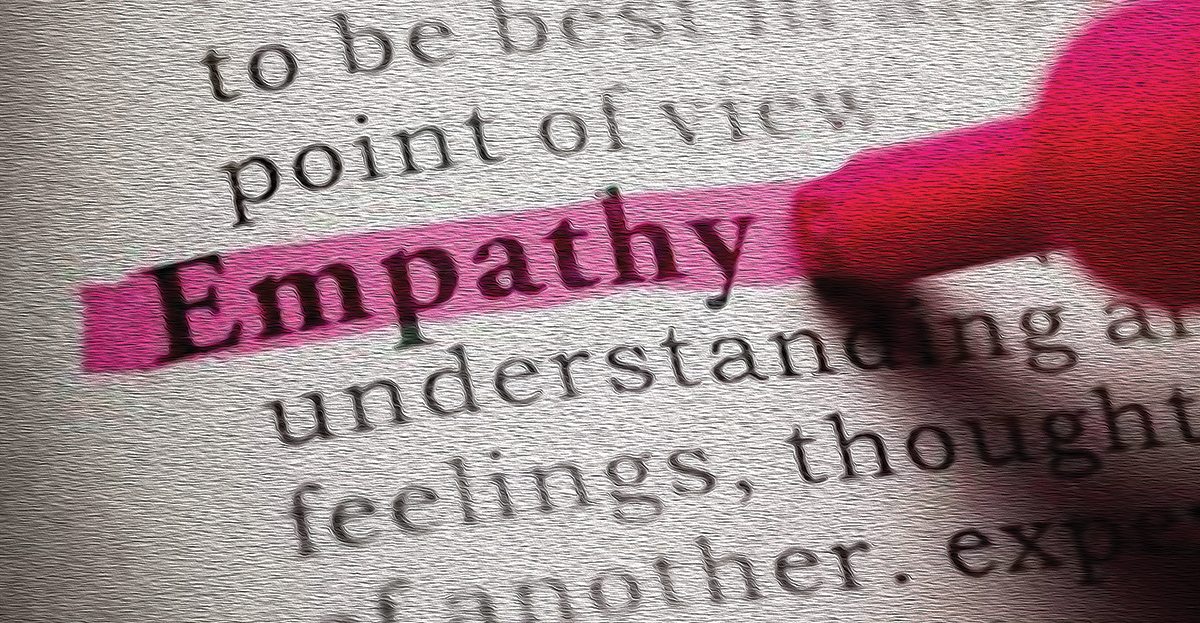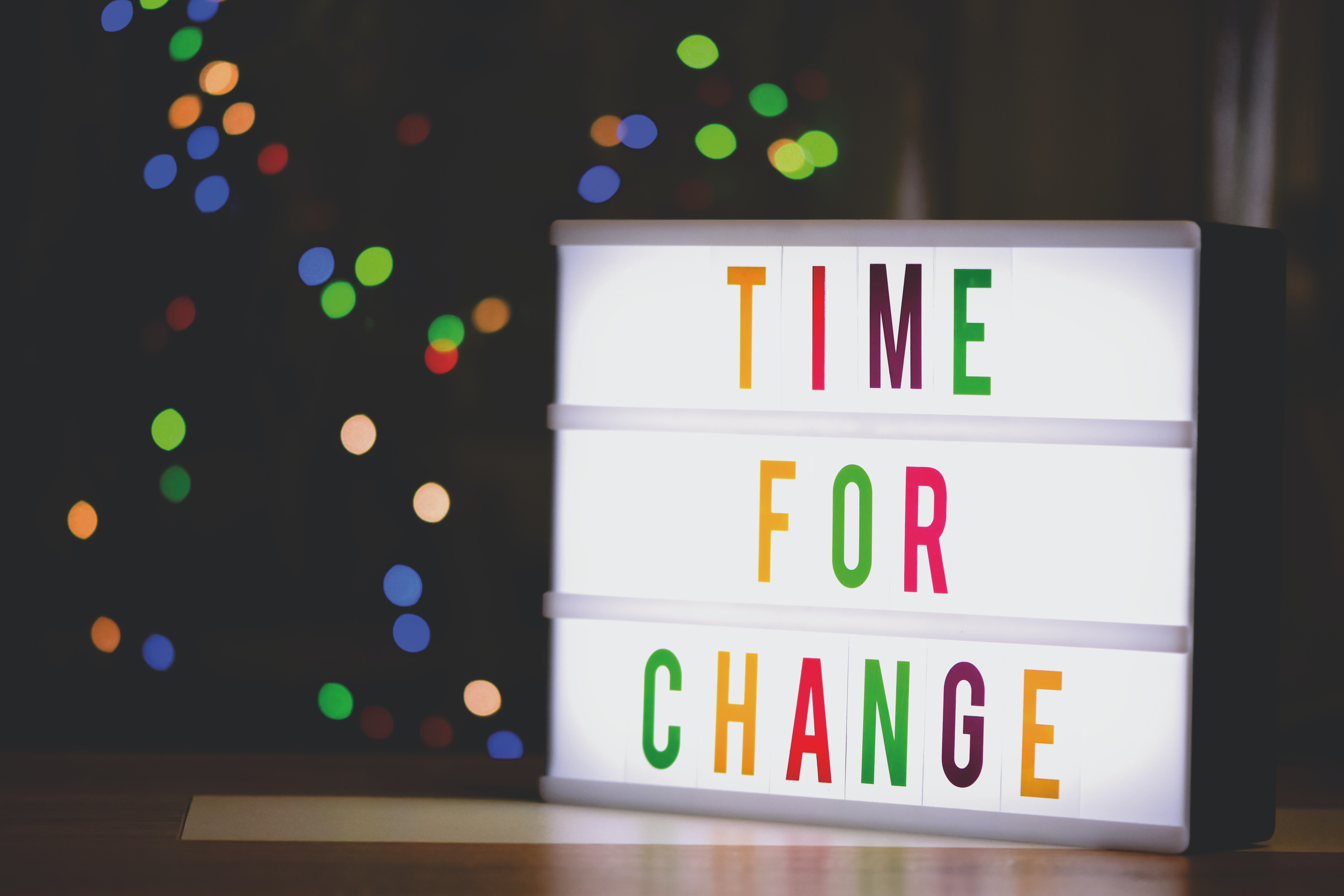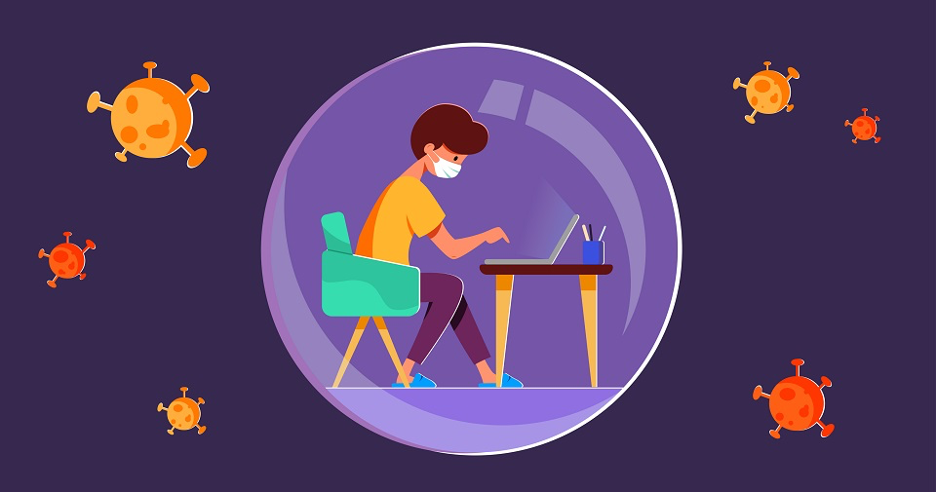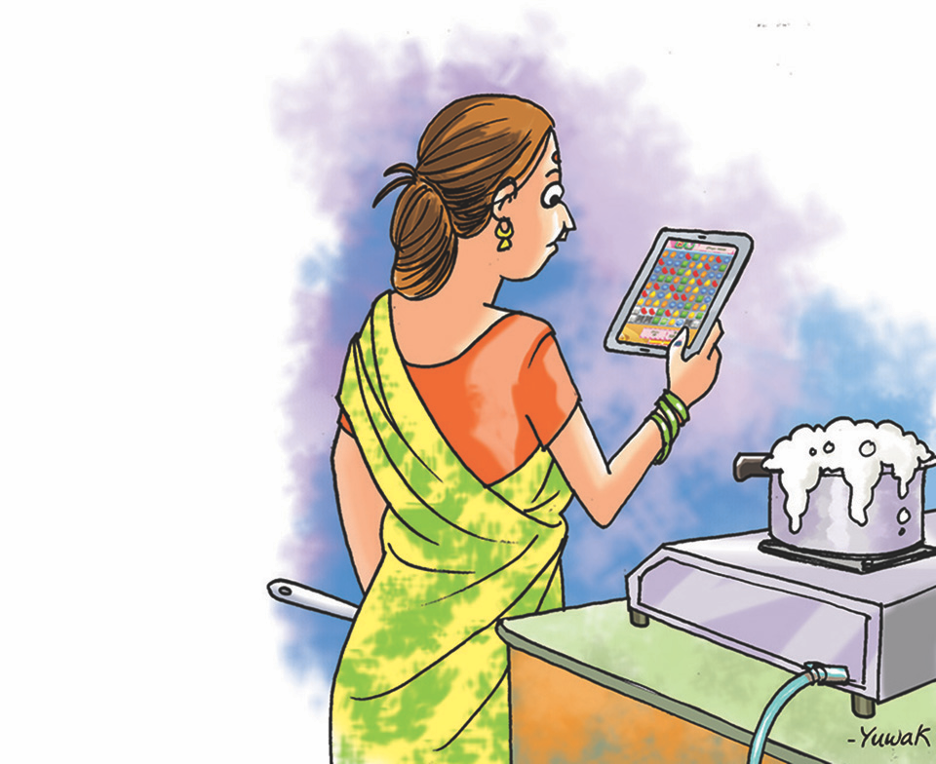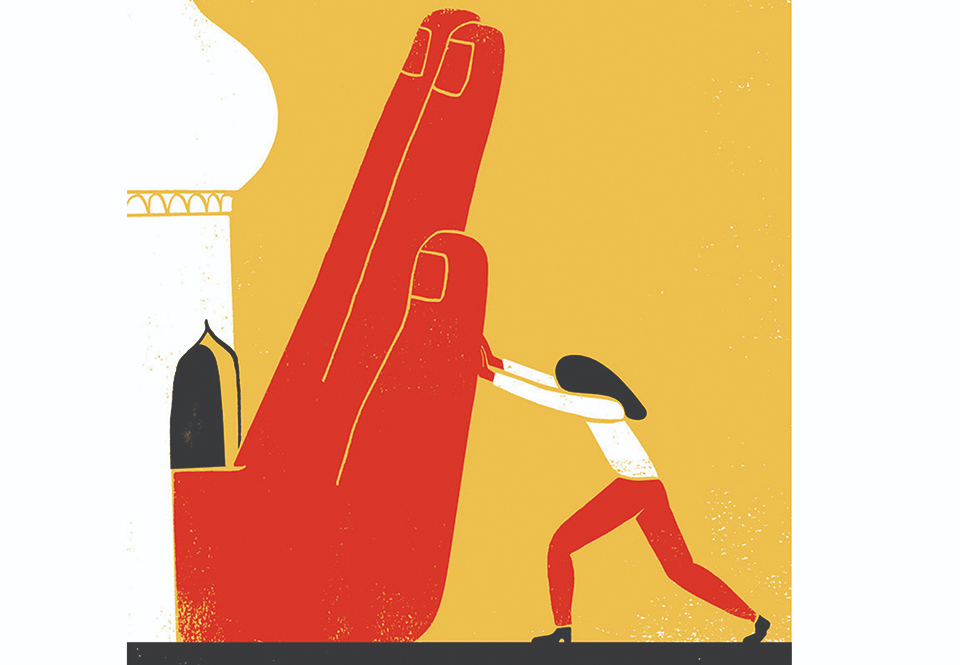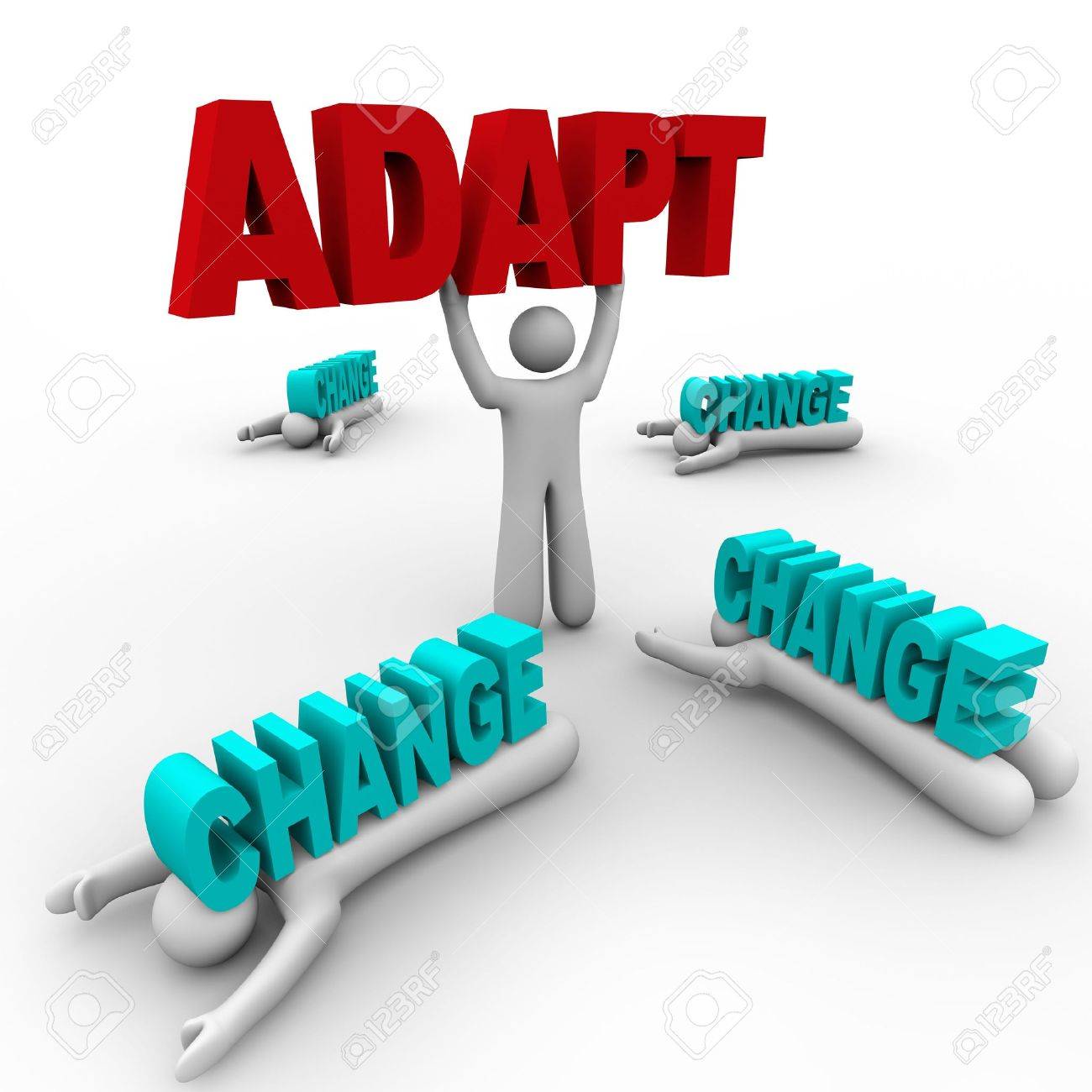
Idea.Action.Impact

Idea.Action.Impact
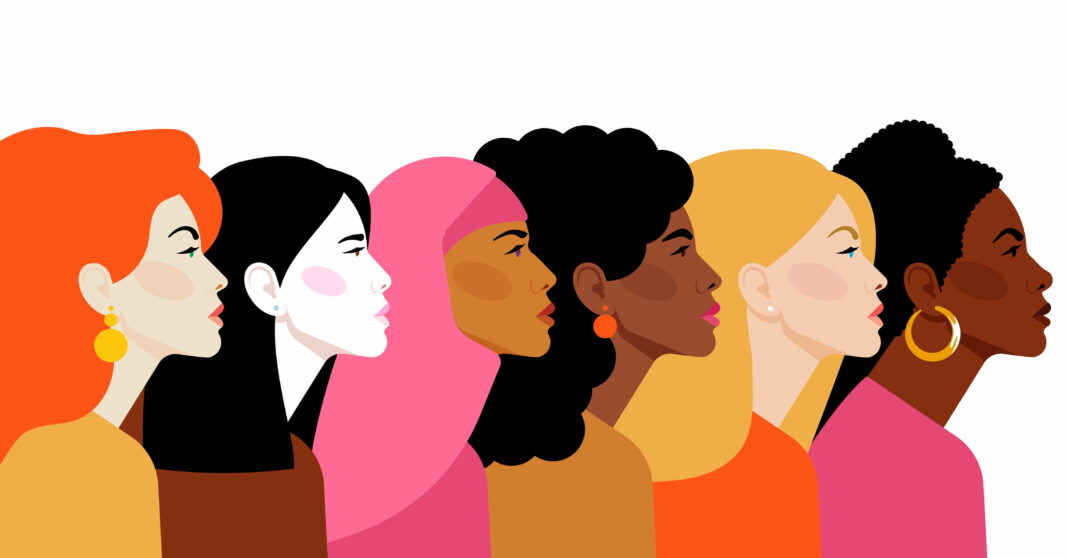
The COVID-19 pandemic has become a human, social and economic crisis just as much as it has become a health crisis. It has impacted all aspects of society and has exposed the vulnerabilities of people in terms of economy, lives, and livelihood.
Crisis and disasters do not discriminate against anyone, but their impact does. It tends to hit the poorest and the most marginalized demographics the hardest. Although the incidence of disaster and being its victim is equally painful for everybody, it is noticeably more for women especially those who are economically and socially backward. The Human Development Report 2019 highlights that gender disparities remain among the most persistent forms of inequality across all countries and gender inequality is one of the greatest barriers to human development. Similarly, the article published by Oxford University Press entitled - A gendered human rights analysis of Ebola and Zika: locating gender in global health emergencies, says that the impacts of crises and disasters are never gender-neutral. During the 2014-16 Ebola and 2015-16 Zika outbreaks, a range of social and economic conditions have affected women and COVID-19 is no exception as it has broadened gender and economic inequalities with a cascading effect on women’s education, income, and employment prospects.
However, the above data makes us wonder how grave the impact has led to such disproportionate effects of disasters like the COVID 19 on women. Identifying and assessing the impact will be the first step towards bridging the already existing gender gaps.
Economic Impacts
With patriarchy still firmly rooted in our society and gender stereotypes ingrained in our mindsets, women are more likely to be employed in the informal sector with less access to social protections coupled with the burden of unpaid care and domestic work. This shows that women are economically more vulnerable than men. Pandemic like COVID-19 makes it much worse. According to a new analysis commissioned by UN Women and UNDP, by 2021 around 435 million women and girls will be living on less than $1.90 a day, including 47 million pushed into poverty because of COVID-19. Hence, benefits such as health insurance paid sick and maternity leave, pensions should be accessible to women in all domains of work.
Gender-Based Violence
Globally, gender-based discrimination and violence are often exacerbated by disasters. As per UN Women data, globally 243 million women and girls aged 15-49 have been subjected to sexual and/or physical violence perpetrated by an intimate partner.
Violence against women reports had increased around the world, as widespread stay-at-home orders force women to remain inside the home with their abusers, often with traumatic consequences. WHO also reported a rise in domestic violence abuse calls across Europe. Similarly, developing countries like India, Pakistan, Bangladesh, and Nepal also have reported a rise in domestic violence cases.
In Bangladesh, a survey conducted by human rights organization, the Manusher Jonno Foundation, in April 2020, found that 1,672 women and 424 children reported experiencing domestic violence for the first time during the lockdown. Also, as per the article from The New Indian Express, the National Commission for Women recorded a doubling in GBV complaints from March to May 2020 when compared to 2019 (from 607 to 1477). In a like manner, an article published in The Himalayan Times on June 15, 2020, entitled ‘Three arrested in connection with Kailali quarantine gang-rape, Lamkichuha suspends quarantine services’ clearly shows that Nepalese women are not safe in quarantine camps too. Such violence can adversely affect women’s physical, mental, sexual, and reproductive health.
Thus, safe spaces for women should be identified where they can report abuse without warning perpetrators, e.g., in grocery stores or pharmacies. Pharmacies in the UK are running a ‘safe space’ for people affected by domestic abuse as part of the charity’s UK Says No More campaign. Likewise, advocacy and awareness campaigns need to be conducted and such violence should be addressed as a public health problem.
Compromised Sexual and Reproductive Health
Covid-19 has worsened gender inequality all over the world and hampering women’s access to sexual and reproductive health. There has been a decrease in sexual and reproductive health services including family planning, maternal health services, safe and legal abortion services which directly impact the sexual and reproductive health of the women. Pandemic has taken a huge human toll, so the health system has given more priority to control and prevent the spread of COVID-19. But we cannot risk ignoring other diseases and health problems.
Impact on Mental Health
The pandemic has an impact on everyone’s mental health, especially for women. Women are the ones who carry the additional load -taking care of family, more concerned regarding family safety, etc. According to the report published in the journal Frontiers in Global Women’s Health, it was found that sleep problems, anxiety symptoms, and depression were more common in women than in men.
In a news article published by The Kathmandu Post on May 26, 2021, Ms. Reeta Simha, president of the Federation of Women Entrepreneurs Association of Nepal (FWEAN) said that about 15% of businesses run by women entrepreneurs have been collapsed. Pandemic has a direct impact on the mental health of women entrepreneurs as they are more likely to run many of the startups, smallest and most vulnerable businesses. The financial burden has increased regarding paying salaries to workers, loan repayment, office rent, etc. They have been facing difficulties to shift their business in online platforms, have lost their potential buyers, and struggling with ways to engage their customers online. They have also missed networking opportunities, a chance to meet with potential new customers and investors.
These problems could be minimized through initiatives such as investing and empowering women through skill enhancement of women entrepreneurs such as digital skills, leadership skills, financial management skills, and providing ways of easier access to finance.
Multi-tasking and the inability to balance professional and personal life have increased stress for working women. As per the research published on National Center for Biotechnology Information, US. National Library of Medicine entitled Mental health of pregnant women during the COVID-19 pandemic: A longitudinal study, it was found that conditions of the pandemic (social isolation, uncertainty about the pandemic, fear of contracting the virus, economic impact, etc.) seem to have a clear effect on pregnant women. This validates that Covid-19 has affected individuals and society, especially women, and has caused disruption, anxiety, stress, stigma, and xenophobia.
Education
Pandemic has affected the education system too. School closures may increase the dropout rate of girl’s students, especially among the most disadvantaged families. As a result, girls and young women are being more prone to child marriage, early pregnancy, and gender-based violence. As per the research done by UNICEF, over the next decade, up to 10 million more girls will be at risk of becoming child brides because of the pandemic. Therefore, a community-based learning approach needs to be adopted.
Path Ahead
In a nutshell, the Covid-19 pandemic has negatively affected women in terms of employment, healthcare, gender-based violence, and greater unpaid care work. Women issues should be addressed at the policy level so that the crisis created by the COVID-19 pandemic could be minimized in the medium and long term. Government can frame laws and develop gender-neutral policies as well as encourage women to be self-reliant (interest-free loans for entrepreneurs, offering vocational /skill-based courses, etc. for girls). There is a necessity to raise the status of girls and women through awareness, training, and involvement of women in decision-making positions. Girls' and women's education should be prioritized with the aim that they can take care of their health as well as their family’s health, take part in decision making, and become financially independent.
It is time that we change our perception of women and their roles that are deep-rooted in our minds. A baby step in this effort would be to share household responsibilities among family members and reduce the burden and expectations on girls and married women relating to domestic work. For, charity begins at home.
Photo courtesy: https://www.forsa.ie/iwd2021-the-disproportionate-effect-of-covid-19-on-women/

